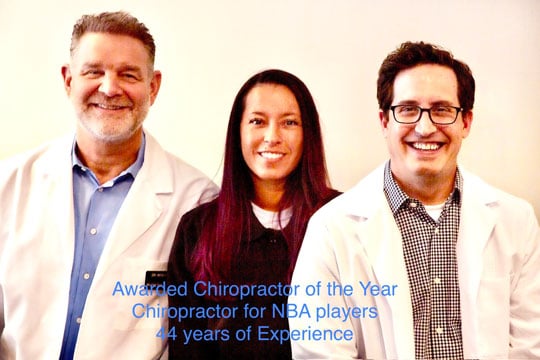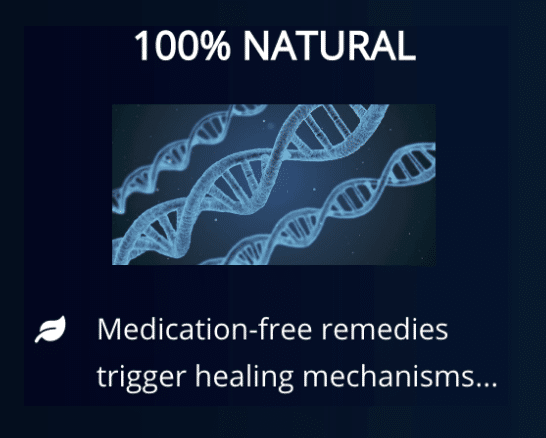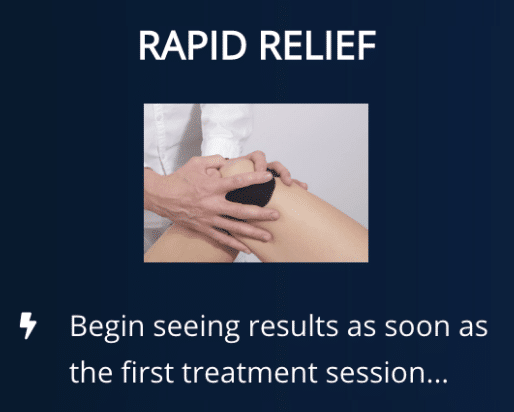
Chiropractor For Auto Accident Injuries
Whiplash is an injury that occurs when your neck muscles are suddenly and forcefully moved backward and forward. This can happen during a car accident, for example. Whiplash can cause acute short-term neck pain as well as reduced movement in your neck area. Patients may not feel any immediate pain after a car accident, but they might have an injury to the soft tissue in their necks.
Chiropractic care is an effective treatment for whiplash symptoms. The chiropractor will check for areas of limited joint movement, disc injuries between the vertebrae, muscle spasms, and ligament damage. A chiropractor will work on reducing neck inflammation using various therapy modalities. If you’ve recently sustained a similar injury or you know someone who did, it’s essential to get checked by the best chiropractor in Bellevue.
Alleviate the pain from Whiplash car accident



Symptoms Of Whiplash/Auto Accident Injuries
Many patients may experience symptoms a couple of days after they’ve been injured. In many cases, symptoms will not appear, even after 12 weeks post-injury. These symptoms are:
- Dizziness, Stiffness, Pain, Numbness or tingling in the arms, Painful or very soft shoulder, arms, and upper back.
- Headache that starts from the top of the skull, Inability to move/stretch the neck in multiple positions.
Depending on how much the nerve roots, ligaments, discs, joints, or cervical muscles have been damaged, the symptoms will vary.
Causes Of Auto Accident Injuries / Whiplash
When the whip in the neck is cracked or injured from a quick back-and-forth motion or a sudden forced impact, that’s when people sustain a neck injury, commonly referred to as whiplash.
This is a typical injury after a rear-end collision. But, it can also appear due to trauma, physical abuse, or a sports injury. The soft tissues, particularly the ligaments and muscles, extend beyond what they are supposed to, which leaves a significant impact on the neck.
This is a physical change that can tear or damage the soft tissues.
Temporary Pain Relief For Auto Accidents Injury / Whiplash
For anyone looking for temporary relief, there are a few options that can help soothe the pain. These include:
- Heat and cold treatment
- Plenty of rest
- Pain meds (ibuprofen, Tylenol, etc.)
- Muscle relaxant
- Physical therapy
Hidden Injury Due To Auto Accidents
Many of which won’t experience immediate symptoms of an injury. If left untreated, they can result in chronic conditions. Here is a list of some of the hidden damages from auto accidents people should look at. These include:
- Herniated disc
- Brain injury
- Damaged knee
- Injured shoulder
- Psychological impact (phobia and trauma)
Treatment For Auto Accident Injuries / Whiplash
Whenever the neck gets injured during a car accident, it will suffer micro-tears in the soft tissue. The tissue will get damaged, bleed, and leak fluid that can irritate the skin and cause inflammation. If the tears don’t heal properly, they can cause scar tissue. At some point, the scar tissue will limit neck movement and result in discomfort and pain. With time, the pain can get gradually worse. The best way to heal the neck is to get treatment immediately after the injury. This way, patients can avoid scar tissue altogether.
Since every whiplash case is different, the chiropractic treatment will vary. These treatments include:
Muscle Stimulation/Relaxation: Chiropractors use electrical muscle stimulation to calm down muscles that get tight and sore after a car accident. This technique involves gentle electric pulses to ease muscle tension, reduce swelling, and lessen pain. By doing this, chiropractors help people feel better and recover faster from their injuries.
Spinal Manipulation (Chiropractic Adjustments): Chiropractors use their hands to make adjustments to your spine or other joints. For car accident injuries, they focus on fixing any misalignments caused by the crash. This helps reduce pain, and swelling and promotes the body’s natural healing. These adjustments aim to bring back normal movement to your joints and release pressure on your nerves.
Lifestyle Changes: Chiropractors also advise on how to change some habits in your daily life to help you heal better. This can include tips on sitting or standing properly, doing exercises, eating well, and managing stress. Making these changes can create a better environment for your body to recover from injuries and avoid future problems.
Different Exercises: Chiropractors suggest specific exercises to help you get stronger and more flexible after a car accident. These exercises target the areas that were hurt and improve your overall movement. Stretching routines are also taught to relieve tension. Doing the right exercises helps speed up your recovery and lowers the chances of having lasting problems from the accident.
The treatment is about understanding the extent of tissue damage and determining the necessary type of chiropractic neck adjustment to treat the injury.
We Can Help With Auto Accident Injuries/Whiplash
Are you struggling with pain from auto accident injuries or whiplash?
Our skilled chiropractors in Bellevue are here to provide effective relief. Our clinic specializes in gentle techniques like muscle relaxation and spinal adjustments to ease discomfort and speed up your recovery.
We understand the unique challenges of these injuries and tailor our chiropractic treatments to your needs. Take the first step towards healing and reclaiming your well-being. Your journey to pain-free living starts with a simple consultation.
Call us now or book an appointment to get your first consultation with our skilled chiropractor.
Book An Appointment
Request an appointment online by calling us on (425) 6370094 or by using booking tool below
Frequently Asked Questions
What are the side effects of a car accident?
Pain in the abdomen, headaches, swelling, bruising, nausea, behavioral changes, discomfort, shoulder pain, etc.
Why did my headaches start more than a week after my accident?
Post-traumatic injuries can cause symptoms weeks or months after an injury. That includes headaches as well.
Why do minor collisions cause so much trauma to the spine?
The spine is extremely delicate. All the structures that hold it in place can be injured even after a minor accident. Both minor and major car crashes can result in nausea, vomiting, dizziness, etc. It doesn’t mean you’ve sustained serious damage; it means you’ve probably experienced a major shock.
How long does it take to recover from soft tissue injury?
The recovery time heavily depends on the grade of injury. Minor soft tissue injuries can rejuvenate after 1 to 4 weeks. For more serious cases, it can take much longer than that.
What are the long term problems that can happen due to ignoring whiplash?
It’s not a good idea to leave whiplash untreated. Leaving it to heal on its own can cause misalignment of the bones in the spine, chronic pain, stiff neck, and other serious health complications.

